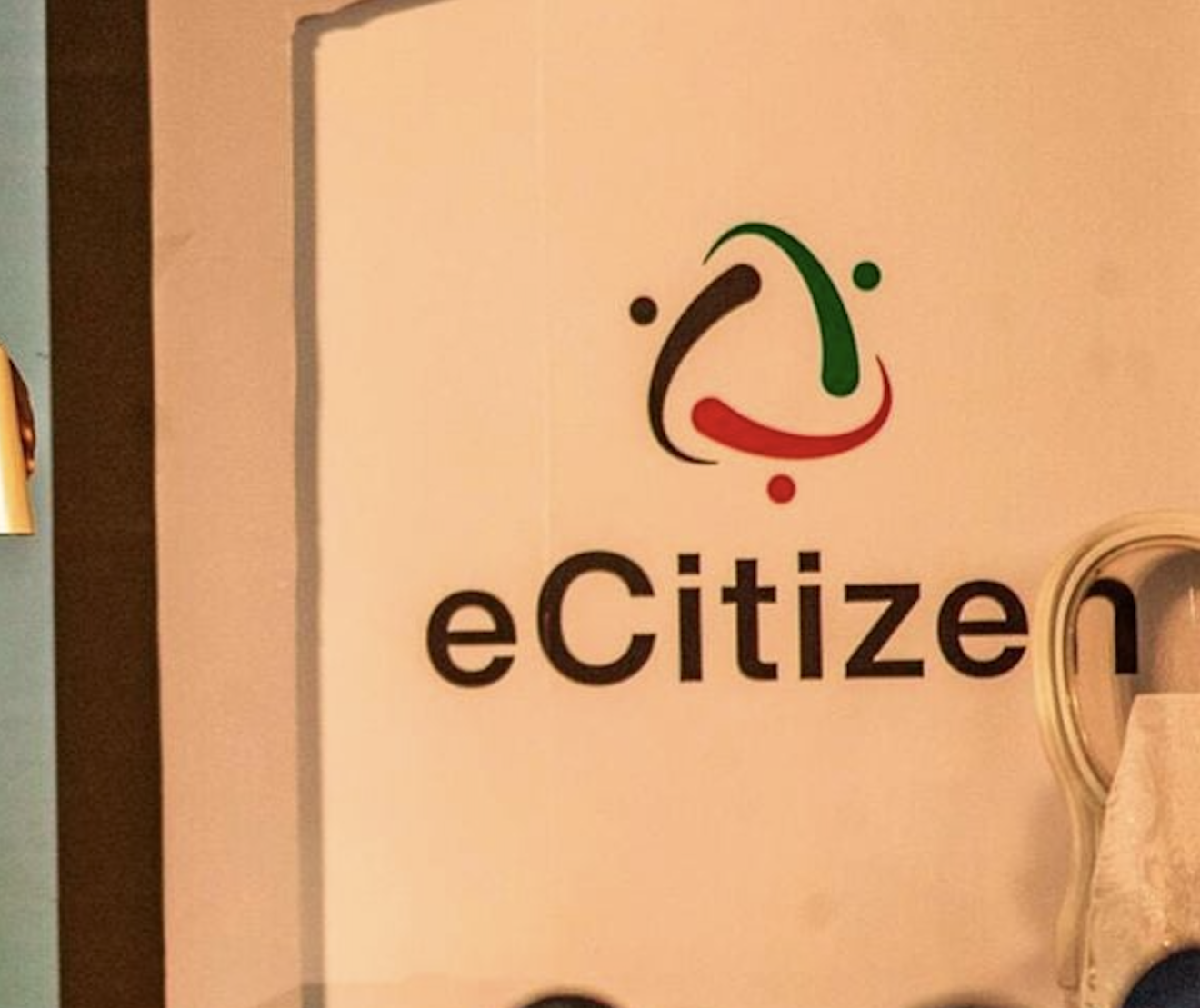
PS Kiptoo Denies Financial Loss in e-Citizen Platform, Contradicts Auditor General’s Report » Capital News
NAIROBI, Kenya Aug 7 – Principal Secretary for National Treasury Chris Kiptoo has denied any financial loss in the management of the government’s digital payments platform, e-Citizen, despite a damning special audit report by the Auditor General that flagged multi-billion shilling variances and unexplained transactions.
Appearing before the National Assembly’s Public Accounts Committee (PAC) on Thursday, Kiptoo dismissed the Auditor General’s findings, terming them premature and misleading, and insisted that ‘not a single shilling’ has been lost through the platform since its inception in 2014.
“I want to assure this Committee that from 2023 to now, according to my knowledge, no money has been lost,” Kiptoo told the lawmakers.
The PS’s remarks were a direct rebuttal to the Auditor General’s special audit report, which raised red flags over at least Sh10 billion in transactions whose traceability could not be confirmed, with part of the collections reportedly diverted to private bank accounts.
But Kiptoo pushed back, asserting that the system remains one of the most transparent and traceable revenue collection tools in government.
“The e-Citizen platform is a cornerstone of Kenya’s digital transformation agenda. It has expanded access to public services, improved efficiency, and increased the visibility of government revenues,” he said.
Audit Process Flawed?
Kiptoo also accused the Office of the Auditor General (OAG) of failing to observe due process, claiming that the final audit report was tabled in Parliament without giving the National Treasury an opportunity to review or respond to the findings.
“The Auditor General did not share the final audit report with us before tabling it in Parliament, as required by law. This omission denied us the opportunity to rectify or clarify the findings,” Kiptoo argued.
However, officers from the OAG present at the Committee sitting refuted the PS’s claims, stating that Treasury was involved in the audit process, including an exit meeting where PS Kiptoo himself was in attendance.
“We had an exit meeting with the PS. We issued a management letter and received responses.Some of the responses being submitted here today contradict the ones previously submitted to us,” one of the auditors said.
On the ownership of the e-Citizen platform which was raised in the audit, PS Kiptoo highlighted Executive Order 2 which guide the operations and management of the revenue platform.
PS Kiptoo pointed out that National Treasury is responsible for the management of revenue (in line with PFM Act 2012), while Directorate of E-Citizen Services coordinates e-Citizen with Ministries, Departments, Counties and Agencies. ICT Authority has a role in supporting the E-Citizen platform.
PS Kiptoo explained that the platform is run and managed by the Directorate of E-Citizen under a contractual agreement with Webmasters in consortium with Pesaflow Ltd and Olive tree Mediafor a three-year period ending 26th May, 2026.
“The ICT Authority have since made payments for services rendered by the vendor. The services paid for included maintenance and support of the system by the vendor and for the payment gateway services offered as a service,”he explained.
On the key contention between the Treasury and the Auditor General including the payments to Third Parties, PS Kiptoo explained that the government owns the E-citizen platform but the gateway channels are managed by Electronic Citizen Solution Limited following contract novation signed in July 2024.
The Auditor flagged payments amounting to Sh492 million and USD 414,000 made to a company, Electronic Citizen Solutions Ltd, which was not a signatory to the original framework contract.
“The government does not possess ownership of the payment gateway. The contract explicitly covered the cost of utilizing the payment gateway as a service, and all agreed-upon terms were fulfilled,”PS Kiptoo noted.
The audit raised concern over the collection of flat-rate convenience fees instead of pro-rated charges as gazetted. Kiptoo admitted delays in implementing the revised fee structure but attributed this to system challenges.
The Auditor also queried revenue collection through agency accounts not approved by the National Treasury. In response, Kiptoo said the vendor, Pesaflow, had remitted all collected funds to the main collection accounts and that any unapproved accounts had since been frozen following Treasury intervention.
On the alarming Sh2.57 billion in receipts which were not unlinked to any services or invoices, likely arising from partial, erroneous, or duplicate payments.PS Kiptoo attributed the situation to systemic challenges which were being addressed.
Billions Transacted
In the documents tabled before the committee, the e-Citizen platform has processed over Sh360 billion worth of transactions from 2014 to June 2025. In the 2024/25 financial year alone, the platform recorded Sh163.8 billion in transactions the highest since the platform’s rollout began.
The report also showed that 25,604 government services had been identified for digitization, of which 21,685 have already been onboarded.
“This platform has been a game-changer in public service delivery and revenue visibility,” Kiptoo noted.
The House team chaired by Butere MP Tindi Mwale, demanded more time to review the bulky documentation submitted by the Treasury before reconvening for a substantive session with the PS to address the issues raised conclusively.
“Given the weight and bulkiness of the matter, and the fact that we are interacting with these documents for the first time, it is only fair that we adjourn and reconvene at a later date for meaningful engagement,” said Mathioya MP Edwin Mugo.
Teso South MP Mary Emase added: “This matter cannot be rushed. The numbers are huge and the public interest is massive.”
The PAC is expected to recall PS Kiptoo and other senior